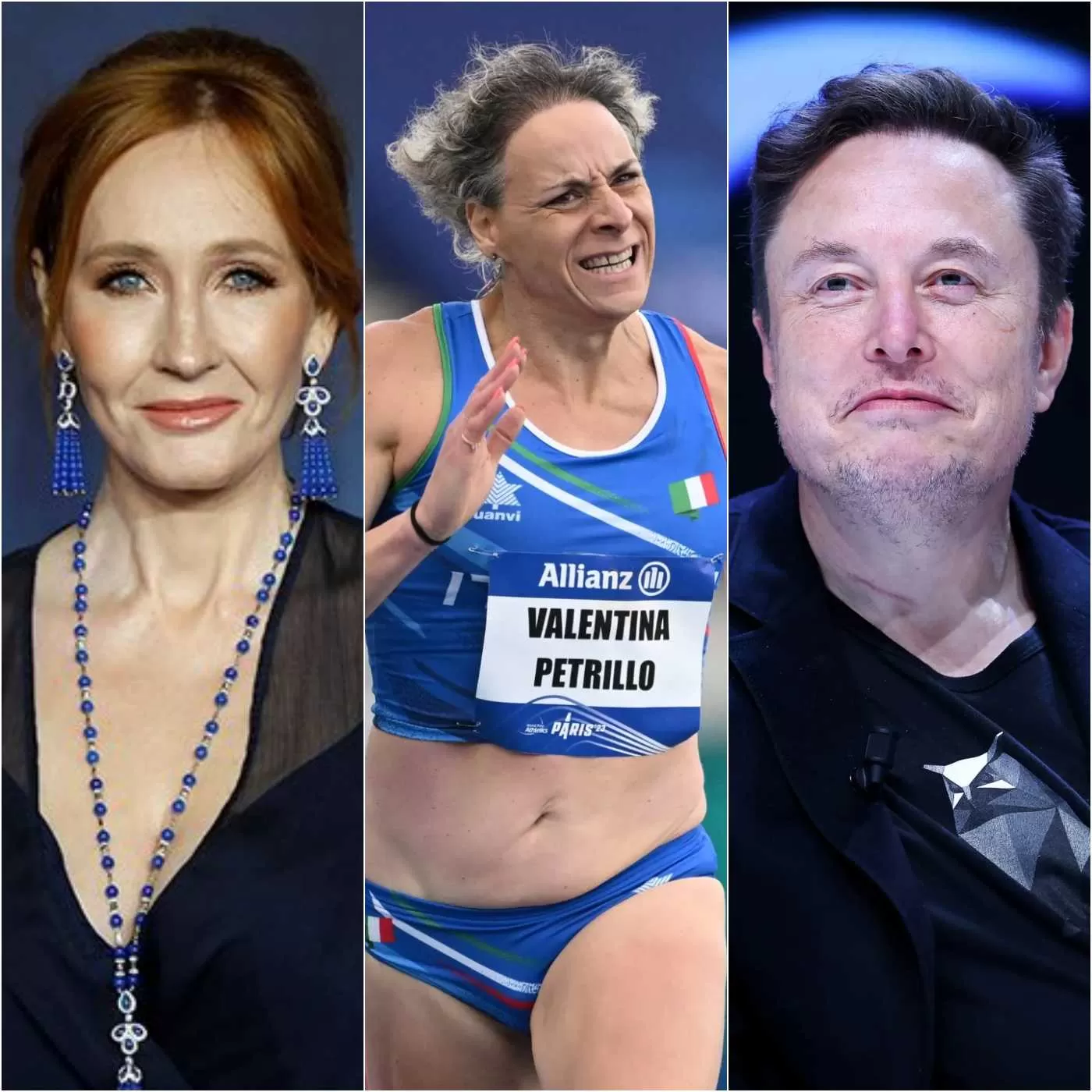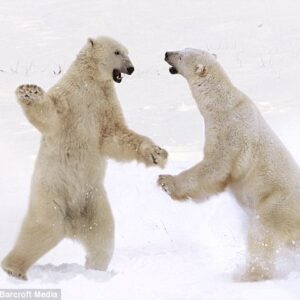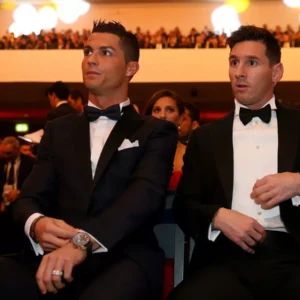In a bold and highly debated stance, two of the world’s most prominent figures—Elon Musk and JK Rowling—have joined forces to demand a revision in Olympic regulations, specifically advocating for the exclusion of transgender athletes from competing in women’s sports. Their remarks have stirred a whirlwind of reactions across social media, sports communities, and advocacy groups, reigniting the debate over fairness and inclusion in competitive sports.

Musk and Rowling’s Joint Criticism
It all began when Tesla and SpaceX CEO Elon Musk voiced his opinion on Twitter, responding to the growing discussions around Valentina Petrillo, a transgender runner who has been competing in women’s track events. Musk stated, “The Olympics should add a transgender exclusion rule from women’s sports because it’s not fair to real women,” emphasizing his belief that biological differences give transgender athletes an advantage in competitions.
Soon after Musk’s tweet gained traction, renowned author JK Rowling, who has been vocal about her views on gender and women’s rights, stepped into the conversation. Rowling tweeted her support for Musk’s position, stating, “Elon is right. Women’s sports must remain a level playing field, or we risk undermining the achievements of female athletes everywhere.”
The Debate Surrounding Valentina Petrillo
Valentina Petrillo, the athlete at the center of this controversy, is an Italian transgender sprinter who has been making headlines for her performances in women’s track and field events. While many supporters of Petrillo argue that she has the right to compete as her authentic self, critics like Musk and Rowling argue that her participation in women’s events raises questions about fairness.
Petrillo, who transitioned in 2019, has been praised by some for her bravery in living her truth, while others claim her inclusion in women’s sports could set a precedent that disadvantages cisgender female athletes. This debate echoes wider concerns about the inclusion of transgender athletes in elite sports, an issue that has polarized the sporting world for years.
Calls for Rule Changes in the Olympics
Musk and Rowling’s statements have reignited calls for changes in international sports rules, particularly within the Olympics, where transgender athletes have been allowed to compete under certain conditions since 2004. Currently, transgender women are permitted to compete in women’s events if their testosterone levels are below a certain threshold for a designated period.
However, both Musk and Rowling argue that the issue extends beyond testosterone levels, pointing to physiological differences that could remain even after hormone therapy. “It’s about more than hormones,” Musk tweeted. “We need rules that are based on fairness, science, and respect for women’s sports.”
Backlash and Support
Unsurprisingly, their comments have triggered a flood of responses from both supporters and critics. Advocacy groups for transgender rights quickly condemned the remarks, labeling them as discriminatory and harmful to the progress made in ensuring equality and inclusion in sports.
One group tweeted, “Trans women are women. Excluding them from sports is a violation of their rights and perpetuates harmful stereotypes. We need to work towards inclusion, not exclusion.”
On the other side of the debate, some prominent athletes and public figures have voiced agreement with Musk and Rowling, emphasizing that sports need to protect the integrity of women’s competitions. “We can support trans rights and still ensure fairness in sports,” tweeted one Olympic gold medalist. “This isn’t about hate; it’s about keeping competition equitable.”
A Growing Global Debate
The discussion surrounding transgender athletes in sports, particularly at the Olympic level, is far from new. Several international sporting bodies, including the International Olympic Committee (IOC), have been grappling with how to balance inclusion with competitive fairness. While efforts have been made to allow transgender athletes to participate in accordance with their gender identity, the controversy surrounding the impact on women’s sports continues to escalate.
With influential figures like Elon Musk and JK Rowling now lending their voices to the issue, the debate is likely to intensify. Their public criticism has put pressure on the IOC and other sports organizations to reevaluate their policies, potentially paving the way for rule changes in the future.
For now, the battle lines are drawn, and the sports world will undoubtedly be watching closely as this complex and emotionally charged conversation continues to unfold. One thing is clear: the clash between inclusion and fairness in women’s sports is far from over.





